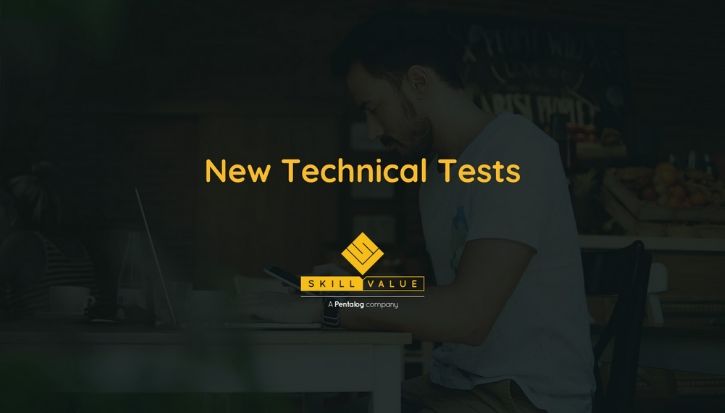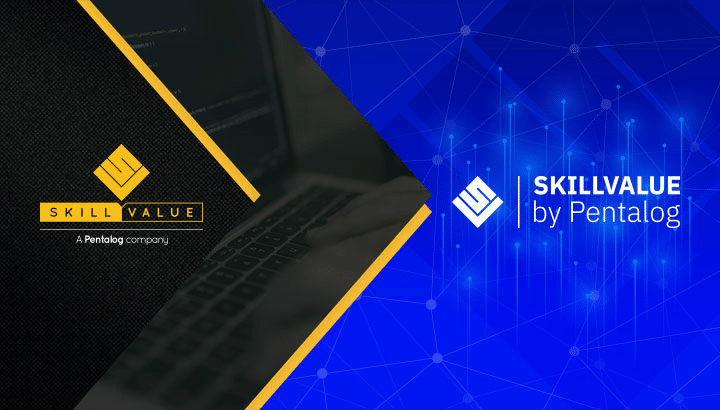A Seat at the Digital Transformation Table
A recent study showed that only 4% of Human Resources professionals are seeing the subject of HR get a seat at the strategic table when we speak about the digitalization of a company – and frankly, I wish it wasn’t so. Besides being rooted in all things IT, any company’s digital transformation is just as much about people and how they adapt to changes in technology. And, who’s more equipped to deal with people than HR?
In the face of a global pandemic and work from home mandate, lots of companies who thought they were fully digital are realizing they just might not be. Problems with internal communication, recruiting new candidates & learning/development programs are just some of the stumbling blocks bringing this issue to light.
Digital by DNA
Even as quarantine restrictions start to ease, the world and the workforce will never be the same. More employees are now seeing remote work as a long-term option and companies must be ready for this in order to retain employees and recruit new candidates.
To succeed, it’s my firm belief that as a company – you need to make digital a part of your DNA!
HR teams need to start breaking silos, jump aboard the innovation train and learn to adapt to changes in the digital domain. They should focus their efforts on defining and implementing a long-term strategy that enables teams to work together seamlessly – where companies have the tools to develop fruitful collaborative relationships with employees who feel empowered to continuously develop their skills.
In the battle to attract the best talent, companies should be able to deliver the full employee experience. To do this, leaders need to be anticipative and think about how employee expectations are changing.
Today’s workforce has more choice and faces less stigma today when jumping ship from one company to another for whatever the reason. We see that plainly in attrition rates that continue to decrease – with employees spending 2 years on average at a company. So, can you reward employees, make them stay longer, and attract new ones?
If your answer is recruit, train & retain, you’re simply not doing enough.
If your solution lies only in compensation and benefits, you might find that your employee and recruitment costs will always come out higher than your competition in the industry because the employee experience is human based and involves emotions. While this in no way means that compensation and benefits aren’t important, I believe the employee experience should be much more than this.
The full employee experience should translate into an inspired, empowered and trusted workforce. To do this effectively, companies need to keep in mind that a company is a pool of different personalities. A good strategy should be promoted through multiple channels, with a wide array of messages, using multiple approaches – to reach everyone. In order to implement this strategy, an HR team should work independently but collaboratively and possess a digital mindset to help champion a digital culture to fellow team members. This, then needs to be translated into the employee experience you deliver.
Kick-off and Implement a Powerful Digital Culture in Your Organization
In order to do it, teams should be able to:
- Create a human-centered and attractive employer brand
- Define an innovative candidate journey to help your talent acquisition team
- Create a rewarding employee experience
- Define the workplace of the future
- Develop a new and more efficient way of digital collaboration
- Develop a digital strategy for learning and development
- Develop a data-based strategy for decision making
Most importantly, make sure you have the right people on your teams – and empower them!
Your next question might be, “But where do I start?”
Put fully-agile processes in place that help you speed up the digital transformation process, shorten learning loops, and integrate feedback quickly.
Tying it all Together
Most importantly? Remember that digital transformation is an agile process. It’s about changing the expectations of how an entire organization comes together, shares information and makes decisions as a unit. HR needs to be part of this – because the digitalization process isn’t just about technology or work processes, but mindset and radical culture change. Ultimately, HR should be at the epicenter of this to ensure employees learn and support the new way of working.
Stay tuned for the next article where I’ll give leaders advice on my personal tips on how to implement each of the steps I mentioned above!














